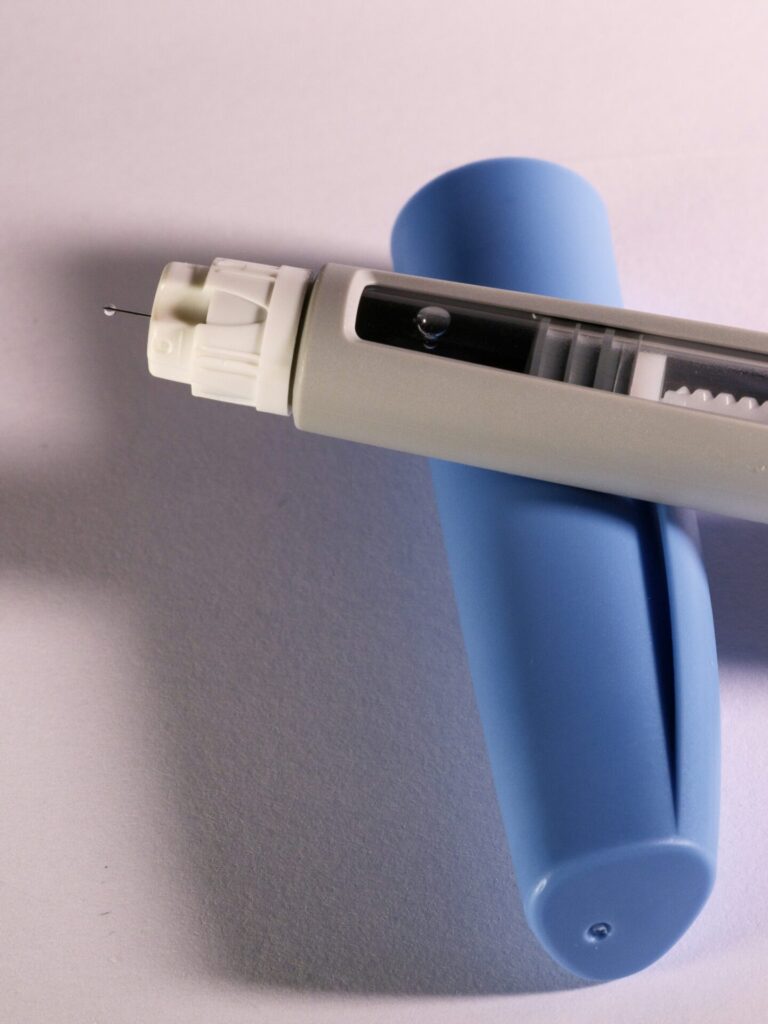Hemorrhoids (also called piles) can develop in the anus (called internal) or around the anal opening (external hemorrhoids.) Several factors increase your hemorrhoid risk, including constipation, sitting too long, and any activity that puts excess pressure on your rectum. Recently, as an increasing number of people have started taking GLP-1 medications for weight loss, doctors have seen a dramatic increase in hemorrhoid diagnoses. As such, they’ve concluded that drugs such as Ozempic and Mounjaro likely increase your odds for developing piles. Here’s what we know so far:

This class of medication increases the amount of time it takes for your stomach to empty, slowing digestion. It also causes food to pass slowly through your intestines. As a result, your stool can be hard and dry, meaning it’s harder to pass bowel movements. In turn, you may strain on the toilet and deal with chronic constipation, increasing your risk for hemorrhoids.
But that’s not all. Many people on weight-loss drugs worry about losing muscle tone due as the pounds fall off their frames quickly. So, to help prevent side-effects like Ozempic face (and buttocks), they hit the gym, often lifting heavy weights to rapidly increase muscle tone. Unfortunately, the pressure that comes from heavy lifting increases hemorrhoid risk due to the added stress it places on your rectum and anus.
If you want to remain on your GLP-1 medication without developing piles, try taking these preventative measures:
If you’ve been taking GLP-1 medications for weight loss, it’s important to discuss any side effects with your trusted healthcare provider. And if you’ve developed internal hemorrhoid symptoms such as bleeding and itching, our Texas Hemorrhoid Institute team is here to help. Just request a consultation request a consultation request a consultation at one of our seven locations in the greater Houston and Dallas regions, and we can review your candidacy for minimally invasive treatment for Grade 2-3 internal hemorrhoids.

Scheduling
Please contact our dedicated specialists to schedule a consultation today.
2025 Texas Hemorrhoid Institute. All rights reserved. Website Design by Healthcare Success